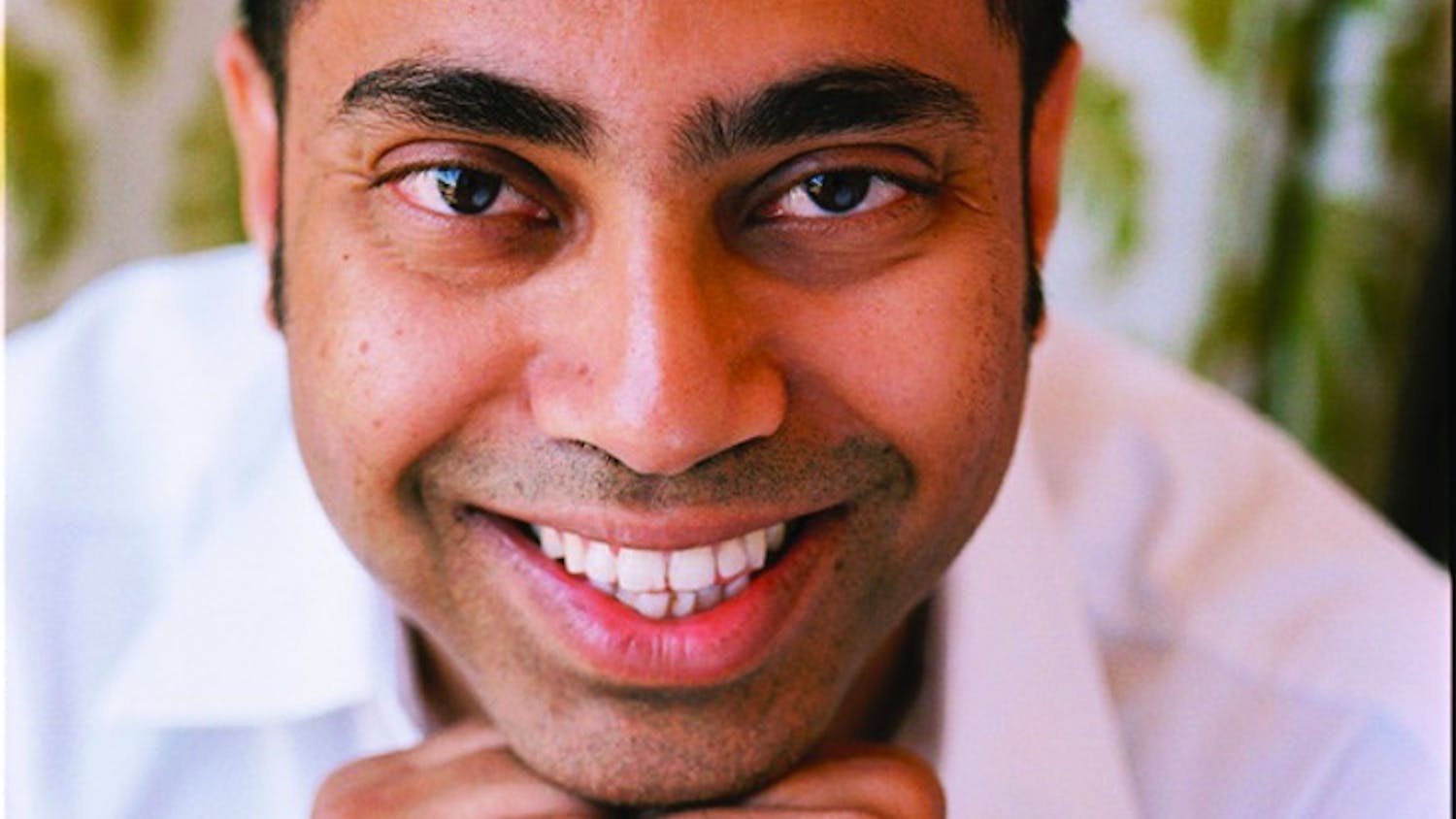It’s hard not to be impressed by the multi-billion-dollar movie empire Tyler Perry has built. Last Saturday, Perry held a gala celebrating the expansion of his studio headquarters in Atlanta, which spans some 330 acres, complete with 12 sound stages and massive complete replica set pieces for his upcoming shows. The studio complex is larger than Paramount’s, Warner Brothers’ and Walt Disney’s Burbank filming lots combined.
Yet, for all his success, Perry has repeatedly felt rejected from Hollywood and the larger American film establishment. When asked about critics who pan his work, Perry’s usual refrain is that his films, which appeal primarily to African American audiences, would not be understood by mainstream moviegoers, a sentiment expressed in a recent article in the New York Times..
But Perry seems to forget he is slowly becoming a part of the establishment from which he feels ostracized. For instance, look at some of the names on the guest list for his studio’s grand opening: Oprah Winfrey, Will Smith, Samuel L. Jackson, Beyoncé. While all these celebrities are black, they are by no means on the margins of Hollywood or mainstream stardom.
And if Perry says “mainstream” to mean “white,” then this may soon be no longer true either. In 2017, Perry made a deal with juggernaut distributor Viacom, which owns Paramount, to develop six of his new shows starting this year. This means Perry’s shows will reach a greater swath of audiences, an expansion that would be constrained at his former, smaller network, OWN.
But Perry’s ascent to the mainstream should worry black and white artists and audiences alike. While his studio’s success is a shattering of glass ceilings — Perry is the first African American to own a major film studio outright — its elevation to the mainstream obscures the origins of the mogul’s rise — as a filmmaker who has dealt in socially irresponsible and repugnant representations of blackness.
His recycled cast of characters, often one-dimensional and flimsy, are typically played by mostly black characters, such as the lascivious vixen, the religiously overzealous grandmother and the abusive husband and father. The banal conflicts in which his characters are engaged derive from television’s worst soap operas: someone is cheating, someone is pregnant, someone is on drugs.
That describes most movies in Perry’s uber-successful “Madea” franchise alone. And that’s to say nothing of Perry’s most damaging creation: the tough-talking, gun-toting, 6-foot-5 disciplinary matriarch: Madea herself. It’s insulting enough that Perry plays Madea himself in drag, presenting a hyper-masculine form of a black female-body with a fat suit and makeup. Madea is an exaggerated form of the vindictive and scornful black woman, quick to anger, using violence as an outlet for frustration and often brandishing her gun to intimidate those who cross her.
The debate over Madea is a long-standing one, and one that I do not wish to re-litigate. If audiences choose to believe that Madea really is, somehow, a true amalgamation of Perry’s mother and other strong black women from his childhood, as Perry claims she is, then so be it. What is upsetting to me is that no one in black Hollywood has called out Perry’s past. After all, black Hollywood, like those who attended his grand opening, is not Perry’s target audience. They are artists in their own right, many of whom are truly gifted at making socially conscious and beautiful work.
I can only think of one person, Spike Lee, an acclaimed filmmaker himself, who ever dared to call out Perry on his work, rightly labeling Madea as a racist caricature. But even he disappointingly walked back his comments later and was in attendance at Perry’s studio grand opening last week. Why is there not more backlash? Perhaps it is because Perry has hired and promoted many black actors who otherwise may have been ignored in Hollywood. Little do people remember that, Idris Elba, now one of Hollywood’s biggest stars, received one of his first leading parts in Perry’s 2007 film “Daddy’s Little Girls.” However, in an age when Perry is no longer the loudest black voice in film — Lee Daniels, Issa Rae, Donald Glover, to name a few others — there should be no reason to hold back.
Perhaps a historian’s view of Perry will one day lie nested in contrariety. He has been, and continues to be, a force for the promotion of black actors and artists. Yet he has replayed a form of blackness on screen, in forms like Madea, that, quite frankly, we should all be tired of seeing.


